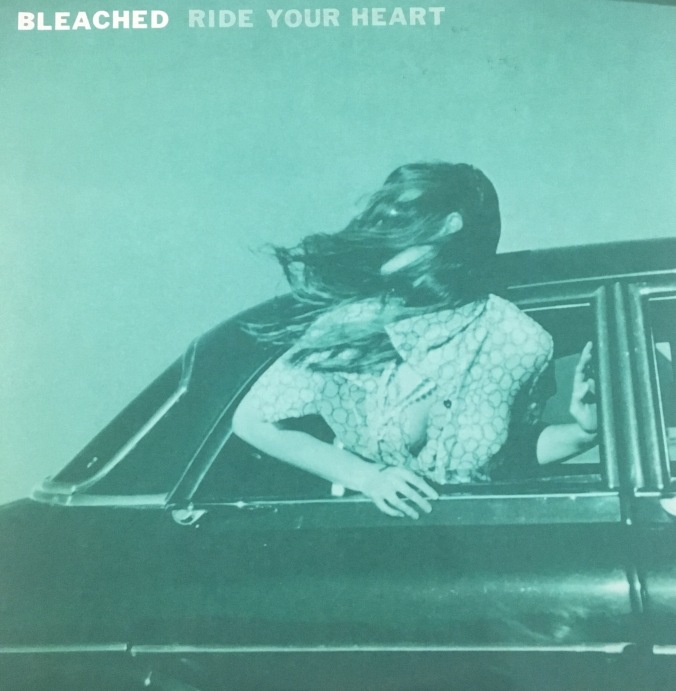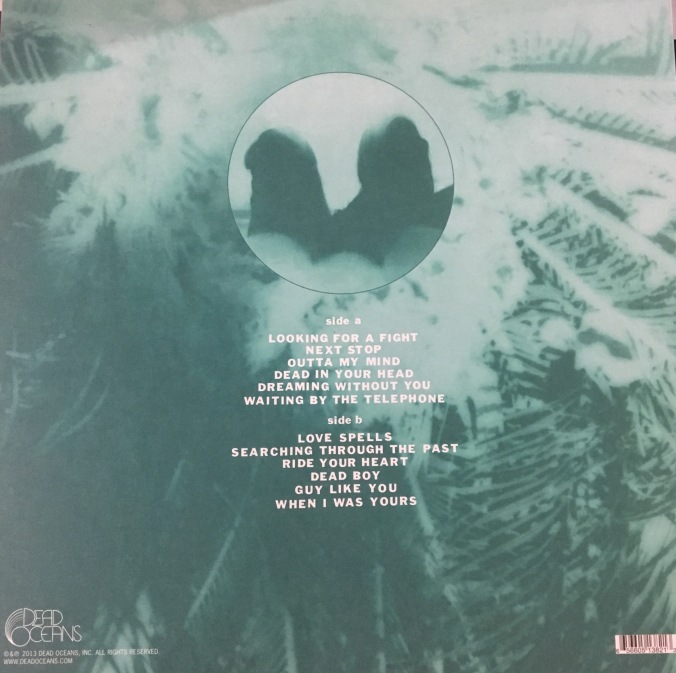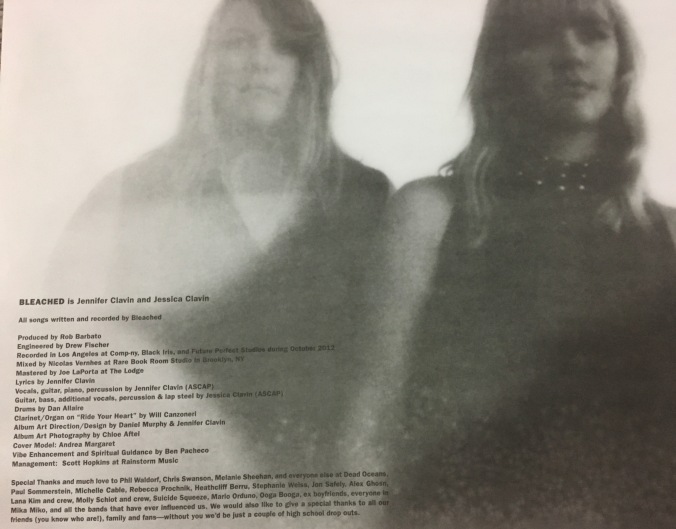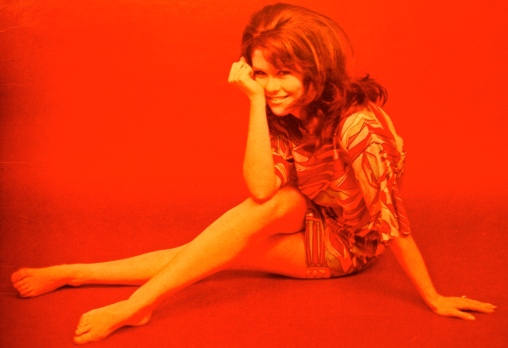
the best of bacharach
The three greatest things about the swingin’ 60s:
miniskirts, 2-piece bathing suits, and Burt Bacharach.
(Hats off to Hal as well. Hal David went with Burt Bacharach like a smack on your honey’s rump.)
The marriage of pop and lounge had never sounded like this before. And it would never sound this good again. If you’re going to leave me on an island with only three things, leave me something to eat, someone to love and this collection of Bacharach songs.
selective discography
selected by winch
CHRONOLOGICAL
“Baby, It’s You“(Bacharach-David-Williams)
The Shirelles (New Jersey) Scepter 1227A (1961)
“Outside My Window” (Hal David-Sherman Edwards)
The Fleetwoods (Olympia, Washington)
Dolton 15B (1961)
“Please Stay” (Hilliard- Bacharach)
The Drifters (NYC) Atlantic 2105 (1961)
“Any Day Now” (B. Hilliard – B. Bacharach)
Chuck Jackson (South Carolina/Pittsburgh)
Wand 122 (1962)
“Waiting For Charlie to Come Home”
(Hilliard-Bacharach)
Etta James (L.A.) Argo 5409B (1962)
“It’s Love That Really Counts” (Bacharach-David)
The Shirelles (New Jersey) Scepter 1237B (1962)
“Make It Easy on Yourself” (Bacharach-David)
Jerry Butler (Chicago) VeeJay 451A (1962)
“(There’s) Always Something There to Remind Me” (Bacharach-David)
Sandie Shaw (England) Reprise 0320A (1964)
“In the Land of Make Believe” (Bacharach-David)
“Let the Music Play” (Bacharach-David)
The Drifters (NYC)
Under the Boardwalk Atlantic 8099 (1964)
“Walk On By” (Bacharach-David)
“Wishin’ and Hopin’” (Bacharach-David)
“I Smiled Yesterday” (Bacharach-David)
Dionne Warwick (New Jersey)
Make Way For… Scepter (1964)
“Walk On By” (Bacharach-David)
Aretha Franklin (Detroit) Columbia (1964)
“Wishin’ and Hopin’” (Bacharach-David)
Dusty Springfield (London)
Phillips 40207A (1964)
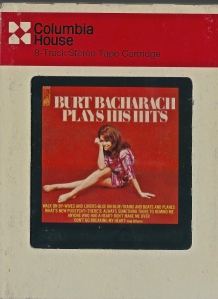
“Trains & Boats & Planes” (Bacharach-David)
“Walk On By” (Bacharach-David)
Burt Bacharach (Kansas City/NYC)
Plays the Hits Kapp 3577 (1965)
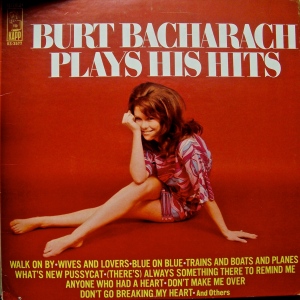
“Trains & Boats & Planes” (Bacharach-David) /
“Don’t Go Breakin’ My Heart” (Bacharach-David)Dionne Warwick (New Jersey)
Scepter 12153A (1966)
“The Last One to Be Loved” (Bacharach-David)
“Walk On By” (Bacharach-David)
Gabor Szabo (Budapest, Hungary)
Gypsy ’66 Impulse 9105 (1966)
“What the World Needs Now” (Bacharach-David)
Wes Montgomery (Indianapolis)
Tequila Verve (1966)
“My Little Red Book” (Bacharach-David)
Love (L.A.) Elektra 45603 (1966)
“My Little Red Book” (Bacharach-David)
The Standells (L.A.)
Why Pick on Me New Tower 5044 (1966)
“A Message to Michael” (Bacharach-David)
Les McCann (Kentucky)
Plays the Hits Limelight 86041 (1966)
“They Don’t Give Medals (To Yesterday’s Heroes)”(Bacharach – David)
sandwiched with monologues (Rawls)
Lou Rawls (Chicago)
That’s Lou Capital 2756 (1967)
“Any Day Now” (B. Hilliard – B. Bacharach)
Carla Thomas (Memphis)
The Queen Alone Stax (1967)
“Trains & Boats & Planes” (Bacharach-David)
The Box Tops (Memphis) The Letter Mala (1967)
“What the World Needs Now” (Bacharach-David)
The Chamber Brothers (Mississippi)
The Time Has Come Columbia (1967)
“The Look of Love” (Bacharach-David)
Dusty Springfield
“The Look of Love” (Bacharach)
instrumental
Casino Royale sdtk Colgems (1967)
“The Look of Love” (Bacharach-David)
Nina Simone (North Carolina)
Silk & Soul RCA (1967)
“The Look of Love” (Bacharach-David)
Ramsey Lewis (Chicago)
Up Pops Cadet 799 (1967)
“The Look of Love” (Bacharach-David)
Gabor Szabo (Budapest, Hungary)
Bacchannal Skye 3 (1968)
“The Look of Love” (Bacharach-David)
The Delphonics (Philly)
La La Means I Love You
Philly Groove 1150 (1968)
“The Look of Love” (Bacharach-David)
“Say a Little Prayer for Me” (Bacharach-David)
Ahmad Jamal (Pittsburgh)
Tranquility ABC 91526 (1968)
“This Girl’s in Love with You” (Bacharach-David)
Dusty Springfield (London)
Dusty…Definitely Phillips 7864 (1968)
“What the World Needs Now” (Bacharach-David)
The Staple Singers (Chicago)
What the World Needs Now is Love Epic 26373 (1968)
“Do You Know the Way to San Jose” (Bacharach-David) Dionne Warwick (New Jersey)
Scepter 12216A (1968)
“This Guy’s in Love with You” (Bacharach-David)
Jimmy Smith (PA)
The Boss Verve (1968)
“What the World Needs Now” (Bacharach-David)
“Don’t Make Me Over” (Bacharach-David)
“A Message to Michael” (Bacharach-David)
“My Little Red Book” (Bacharach-David)
“I Say a Little Prayer” (Bacharach-David)
“Walk On By” (Bacharach-David)
“You’ll Never Get to Heaven” (Bacharach-David)
Cal Tjader (St. Louis / California)
Sounds Out Burt Bacharach Skye 6 (1968)
“Walk On By” (Bacharach-David)
Mitch Ryder (Detroit)
Sings the Hits New Voice 2005 (1968)
“Walk On By” (Bacharach-David)
Earl Grant (Oklahoma)
Gently Swingin’ Decca 74937 (1968)
“The Look of Love” (Bacharach-David)
“A Message to Michael” (Bacharach-David)
“What the World Needs Now” (Bacharach-David))
Earl Grant (Oklahoma)
In Motion Decca 75052 (1968)
“Walk On By” (Bacharach-David)
Isaac Hayes (Memphis)
Hot Buttered Soul Enterprise 1001 (1969)
“I’ll Never Fall in Love Again“(Bacharach-David)
Bobbie Gentry (Mississippi) Fancy Capitol (1969)
“Baby, It’s You“(Bacharach-David-Williams)
Smith (L.A.) A Band Called Smith Dunhill (1969)
“Alfie“(Bacharach-David)
Dick Hyman (NYC)
The Age of Electronicus Command 946 (1969)
“Any Day Now” (B. Hilliard – B. Bacharach)
Percy Sledge (Alabama) Atlantic 2616A (1969)
“Any Day Now” (B. Hilliard – B. Bacharach)
Elvis Presley (Memphis) RCA 447-0671B (1969)
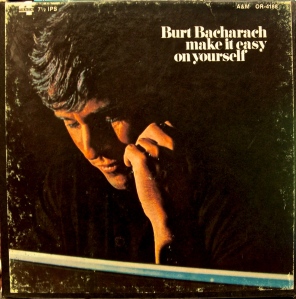
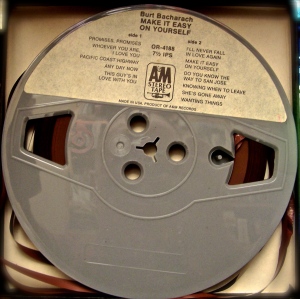
“Loneliness Remembers What Happiness Forgets” (Bacharach-David) Dionne Warwick (New Jersey)
Scepter 12276B (1970)
“(They Long to Be) Close to You” (Bacharach-David) with monologue Bobby Womack (Cleveland)
Communication United Artists (1971)
“All Kinds of People” (Bacharach-David)
“(They Long to Be) Close to You” (Bacharach-David) Jerry Butler (Chicago)
Spice of Life Mercury (1972)
“One Less Bell to Answer” (Bacharach-David)
Gladys Knight & the Pips (Atlanta)
If I Were Your Woman Motown (Soul 731) 1971
“You’ll Never Get to Heaven (If You Break My Heart)” (Bacharach-David)
The Stylistics (Philly) Avco 4618 (1973)
“A House is Not a Home” (Bacharach-David)
The Bill Evans Trio
I Will Say Goodbye Fantasy (1977)
“(There’s) Always Something There to Remind Me” (Bacharach-David)
Naked Eyes (England) Burning Bridges EMI (1983)
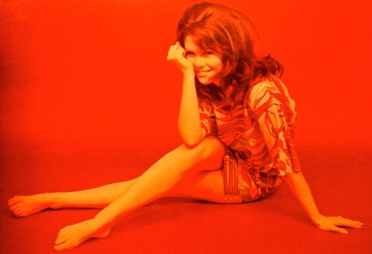
_____________
THE SONGS
(Bacharach-David)
“Baby, It’s You”
(Bacharach-David-Williams)Classic Versions
The Shirelles (New Jersey)
Scepter 1227A (1961)
Smith (L.A.)
A Band Called Smith Dunhill (1969)
“It’s Love That Really Counts”
(Bacharach-David) Classic Version
The Shirelles (New Jersey)
Scepter 1237B (1962)
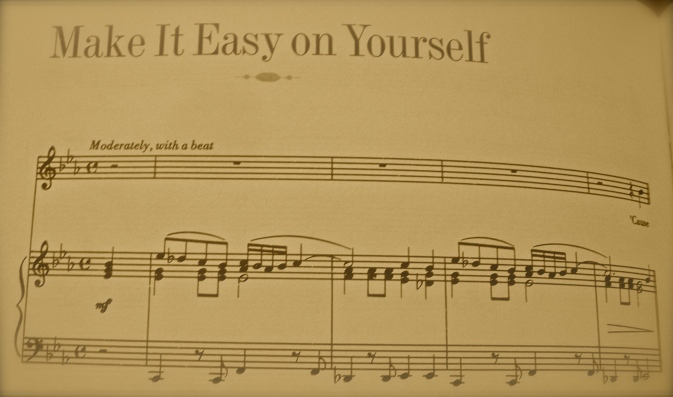
“Make It Easy on Yourself”
(Bacharach-David ©1962) Classic Version
Jerry Butler (Chicago)
VeeJay 451A (1962)
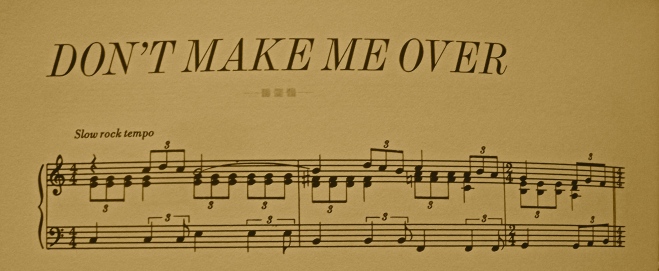
“Don’t Make Me Over“
(Bacharach-David ©1962)Classic Version
Cal Tjader (St. Louis / California)
Sounds Out Burt Bacharach Skye 6 (1968)
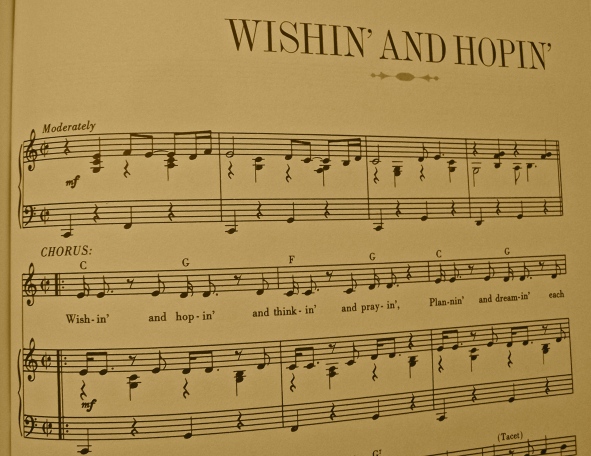
“Wishin’ and Hopin’”
(Bacharach-David ©1963)Classic Versions
Dionne Warwick (New Jersey)
Make Way For… Scepter (1964)
Dusty Springfield (London)
Phillips 40207A (1964)
“(They Long to Be) Close to You”
(Bacharach-David ©1963)
Classic Versions
Bobby Womack (Cleveland)
Communication United Artists (1971)
Jerry Butler (Chicago)
Spice of Life Mercury (1972)

“A Message to Michael”
(Bacharach-David ©1963)
Classic Versions
Les McCann (Kentucky)
Plays the Hits Limelight 86041 (1966)
Cal Tjader (St. Louis / California)
Sounds Out Burt Bacharach Skye 6 (1968)
Earl Grant (Oklahoma)
In Motion Decca 75052 (1968)
“The Last One to Be Loved”
(Bacharach-David)
Classic Version
Gabor Szabo (Budapest, Hungary)
Gypsy ’66 Impulse 9105 (1966)
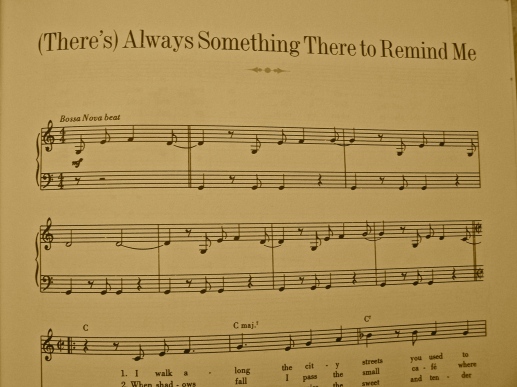
“(There’s) Always Something There to Remind Me” (Bacharach-David ©1964) Classic Versions
Sandie Shaw (England)
Reprise 0320A (1964)
Naked Eyes (England)
Burning Bridges EMI (1983)
“In the Land of Make Believe”
(Bacharach-David)Classic Version
The Drifters (NYC)
Under the Boardwalk Atlantic 8099 (1964)
“Let the Music Play”
(Bacharach-David)Classic Version The Drifters (NYC)
Under the Boardwalk Atlantic 8099 (1964)
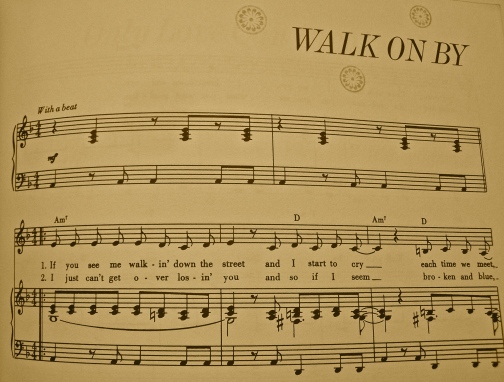
“Walk On By”
(Bacharach-David ©1964)Classic Versions Dionne Warwick (New Jersey)
Make Way For… Scepter (1964)
Aretha Franklin (Detroit)
Columbia (1964)
Burt Bacharach (Kansas City/NYC)
Play the Hits Kapp 3577 (1965)
Gabor Szabo (Budapest, Hungary)
Gypsy ’66 Impulse 9105 (1966)
Cal Tjader (St. Louis / California)
Sounds Out Burt Bacharach Skye 6 (1968)
Earl Grant (Oklahoma)
Gently Swingin’ Decca 74937 (1968)
Isaac Hayes (Memphis)
Hot Buttered Soul Enterprise 1001 (1969)
“I Smiled Yesterday”
(Bacharach-David)Classic Version
Dionne Warwick (New Jersey)
Make Way For… Scepter (1964)
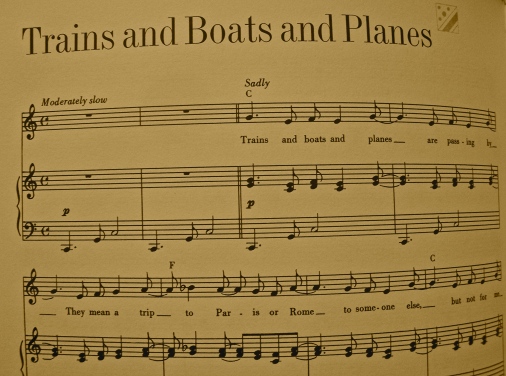
“Trains & Boats & Planes”
(Bacharach-David ©1964)
Classic Versions
Burt Bacharach (Kansas City/NYC)
Play the Hits Kapp 3577 (1965)
Dionne Warwick (New Jersey)
Scepter 12153A (1966)
The Box Tops (Memphis)
The Letter Mala (1967)
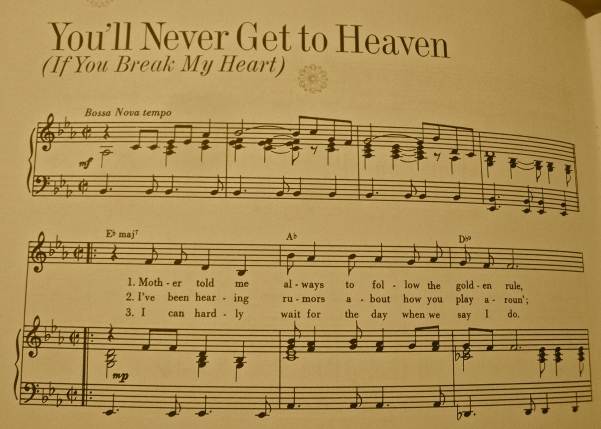
“You’ll Never Get to Heaven”
(Bacharach-David ©1964)
Classic Versions
Cal Tjader (St. Louis / California)
Sounds Out Burt Bacharach Skye 6 (1968)
The Stylistics (Philly)
Avco 4618 (1973)
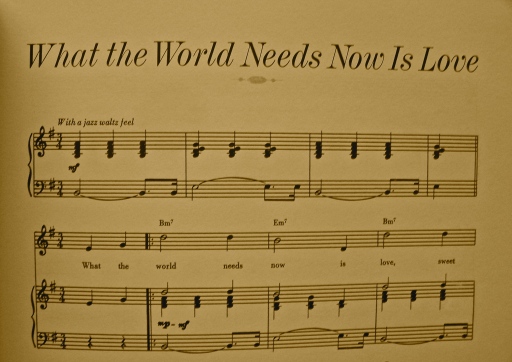
“What the World Needs Now”
(Bacharach-David ©1965)
Classic Versions
Wes Montgomery (Indianapolis)
Tequila Verve (1966)
The Chamber Brothers (Mississippi)
The Time Has Come Columbia (1967)
The Staple Singers (Chicago)
What the World Needs Now is Love Epic (1968)
Cal Tjader (St. Louis / California)
Sounds Out Burt Bacharach Skye 6 (1968)
Earl Grant (Oklahoma)
In Motion Decca 75052 (1968)
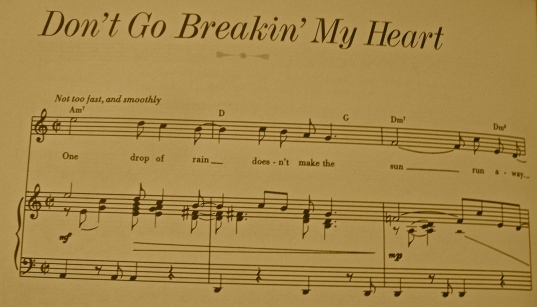
“Don’t Go Breakin’ My Heart”
(Bacharach-David ©1965)
Classic Version
Dionne Warwick
(New Jersey)
Scepter 12153A (1966)
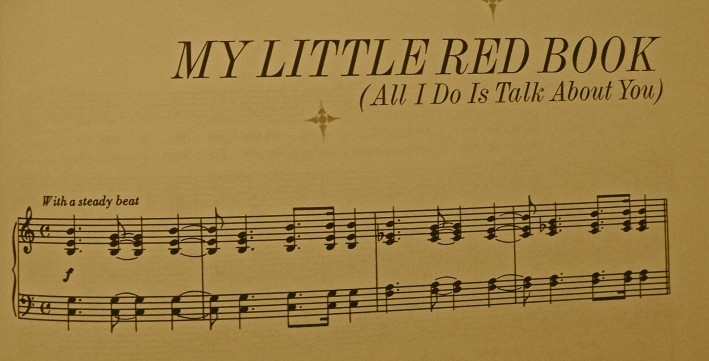
“My Little Red Book”
(Bacharach-David ©1965)
Classic Versions
Love (L.A.)
Love Elektra 45603 (1966)
The Standells (L.A.)
Why Pick on Me New Tower 5044 (1966)
Cal Tjader (St. Louis / California)
Sounds Out Burt Bacharach Skye 6 (1968)
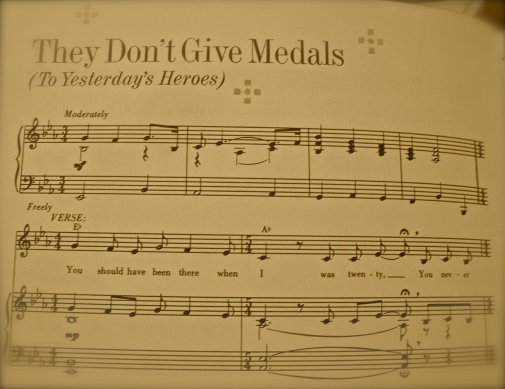
“They Don’t Give Medals (To Yesterday’s Heroes)” (Bacharach-David ©1966)
Classic Version
Lou Rawls (Chicago)
That’s Lou Capital 2756 (1967)
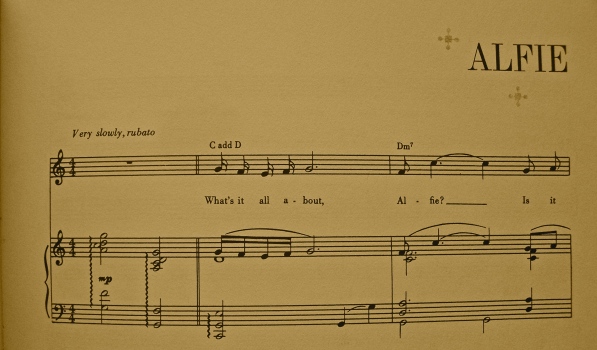
“Alfie”
(Bacharach-David ©1966)
Classic Version
Dick Hyman (NYC)
The Age of Electronicus Command 946 (1969)
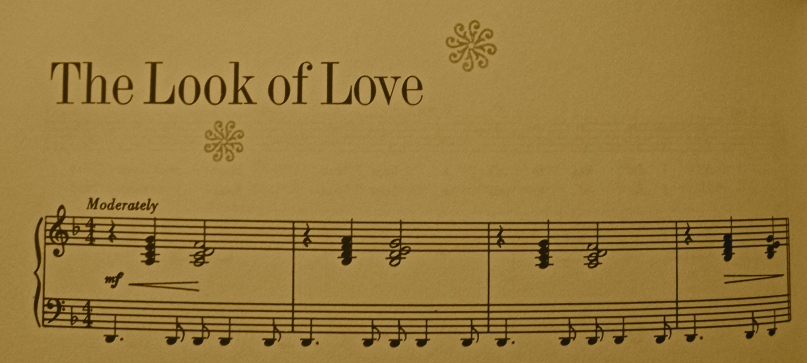
“The Look of Love”
(Bacharach-David ©1967)
Classic Versions
Dusty Springfield (London)
Casino Royale sdtk Colgems (1967)
Nina Simone (North Carolina)
Silk & Soul RCA (1967)
Ramsey Lewis (Chicago)
Up Pops Cadet 799 (1967)
Gabor Szabo (Budapest, Hungary)
Bacchannal Skye 3 (1968)
The Delphonics (Philly)
La La Means I Love You Philly Groove (1968)
Ahmad Jamal (Pittsburgh)
Tranquility ABC 91526 (1968)
Earl Grant (Oklahoma)
In Motion Decca 75052 (1968)
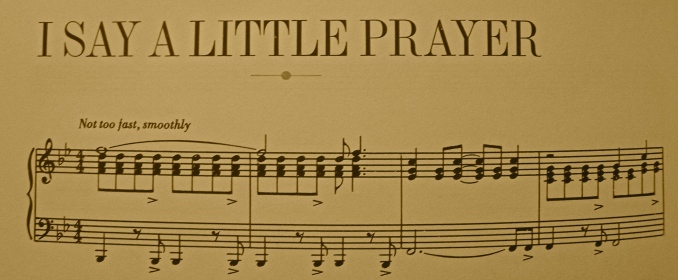
“I Say a Little Prayer”
(Bacharach-David ©1967)
Classic Version
Ahmad Jamal (Pittsburgh)
Tranquility ABC 91526 (1968)
Cal Tjader (St. Louis / California)
Sounds Out Burt Bacharach Skye 6 (1968)
“One Less Bell to Answer”
(Bacharach-David ©1967)
Classic Version
Gladys Knight & the Pips (Atlanta)
If I Were Your Woman Motown (Soul 731) 1971
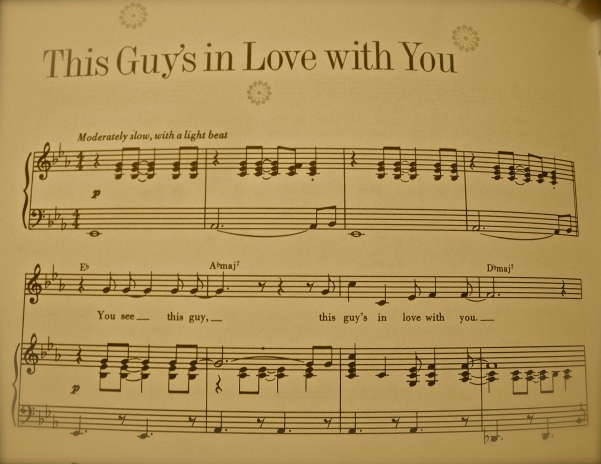
“This Guy’s in Love with You”
(Bacharach-David ©1968)
Classic Versions
Dusty Springfield (London)
Dusty…Definitely Phillips 7864 (1968)
Jimmy Smith (PA)
The Boss Verve (1968)
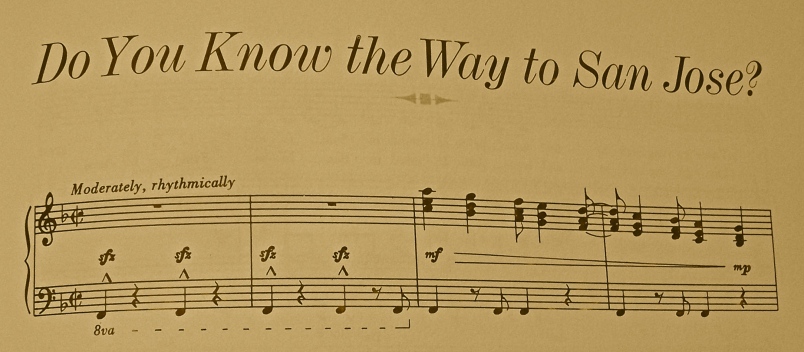
“Do You Know the Way to San Jose”
(Bacharach-David ©1968)
Classic Versions
Dionne Warwick (New Jersey)
Scepter 12216A (1968)
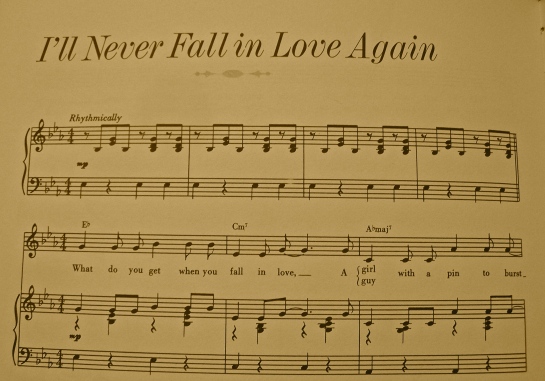
“I’ll Never Fall in Love Again”
(Bacharach-David ©1968)
Classic Version
Bobbie Gentry (Mississippi)
Fancy Capitol (1969)






